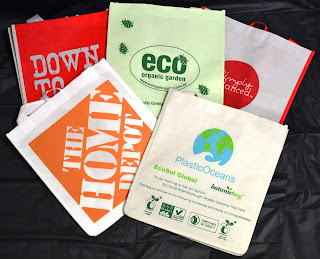How Compostable Plastic Bags benefits Human and Environment?
Since the past twenty years, plastic became the human’s best friend as a packaging material. Still, its harmful impact on the environment and personal health has forced people to replace it with their substitute. Compostable plastic bags are recent advancements of the chemical industry. The molecular formula of these degradable materials can breakdown with micro-organisms in the environment in an effortless manner.

Owning a pet can be very fancy imagination, but managing their waste can be a troublesome task. Using a poop bag reduces the wastage of water, thus helping to keep the environment clean. If a person buys a bio-degradable poop bags, they can manage the waste produced by humans and animals. Nitrogen content on the animal’s excreta can harm the environment if not discarded properly. Owning a poop bag segregates fecal waste from regular kitchen waste. Classification of garbage will help higher authorities in throwing away non-useful biodegradable waste and useful compost materials.
Decomposable plastics are made up of corn starch and emit significantly less carbon at the time of manufacture. Other bio-degradable packing materials are made by the same age-old petrochemical method but are designed to break down quickly. The additives are added in the plastic making process, which helps decay them in oxygen and sunlight. Oil is a non-renewable energy source that is a primary raw ingredient used to produce traditional plastics. Manufacturing of bio-plastics helps in reducing petroleum consumption of a nation.
Compostable plastic bags are easy to recycle organically. Recycling of plastic materials automatically down-size the number of landfills at a great extent. Percentage of toxins and chemical in this material is in negligible amount. Decomposing these bags is done efficiently, and people can use them to produce biogas or as compost in their farms make their land fertile.
Comments
Post a Comment